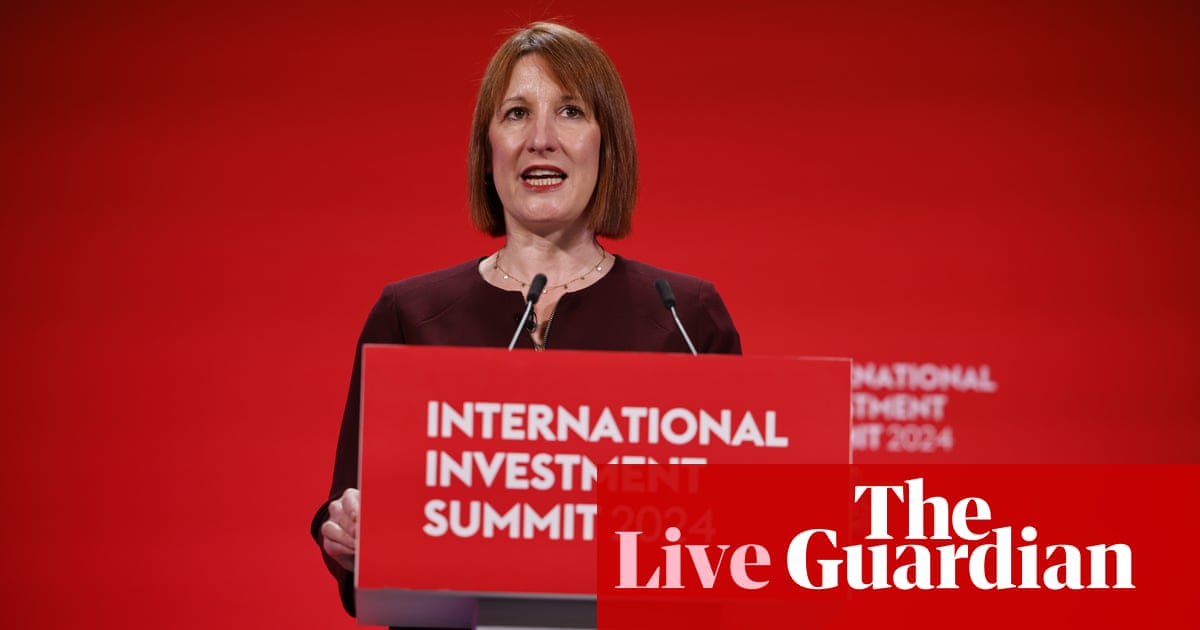Full list of investments can be found on the government website.
Investors attending the Labour government’s first International Investment Summit have announced pledges totalling £63bn today, which will create an estimated 38,000 jobs.
Spending commitments include £20bn from ‘Vampire kangaroo’ Macquarie, on projects including a rollout of fast-charging electric vehicle infrastructure at motorway service stations, over £6bn of new data centres by US tech firms, an expansion of Stansted airport, and a tie-up with US pharma firm Eli Lilly.
[…]
The government also secured a £1bn expansion of London Gateway port, after the row over transport secretary Louise Haigh’s criticism of its owner’s poor business practices was defused.Opening the event, Sir Keir Starmer said the government and investors were bound together, in the “shared endeavour of prosperity”.
Growth, Starmer argued, was “vital…if we are to steer our way through a great period of insecurity and change”.
Having ‘celebrated’ 100 days in office on Saturday, Starmer pledged to fix the UK’s public service and stabilise the economy quickly, and also repair Britain’s brand “as an open, outward-looking, confident, trading nation”.
In comments that have caused alarm, Starmer pledged to “get rid” of regulations that are holding back investment, such as building homes, data centres, warehouses, grid connectors, roads, and trainlines.
Both the Green Party and the RSPB have voiced concerns about what this will mean for Britain.
Rachel Reeves, the chancellor, told delegates that UK corporation tax would be capped at 25% for the lifetime of this parliament, in an attempt to give bosses some certainty.
She also warned that the government faces ‘difficult choices’ as she draws up the budget, and hinted that she is planning to raise employer national insurance contributions.
Reeves also announced that the UK Infrastructure Bank has been converted into the National Wealth Fund, which will be capitalised with £27.8bn to catalyse private investment in the market.



I have to say this is my concern as well. Deregulation rarely works well for the environment or climate because it’s shorthand for ‘letting businesses do what they want’ and businesses don’t tend to care about anything other than profit.